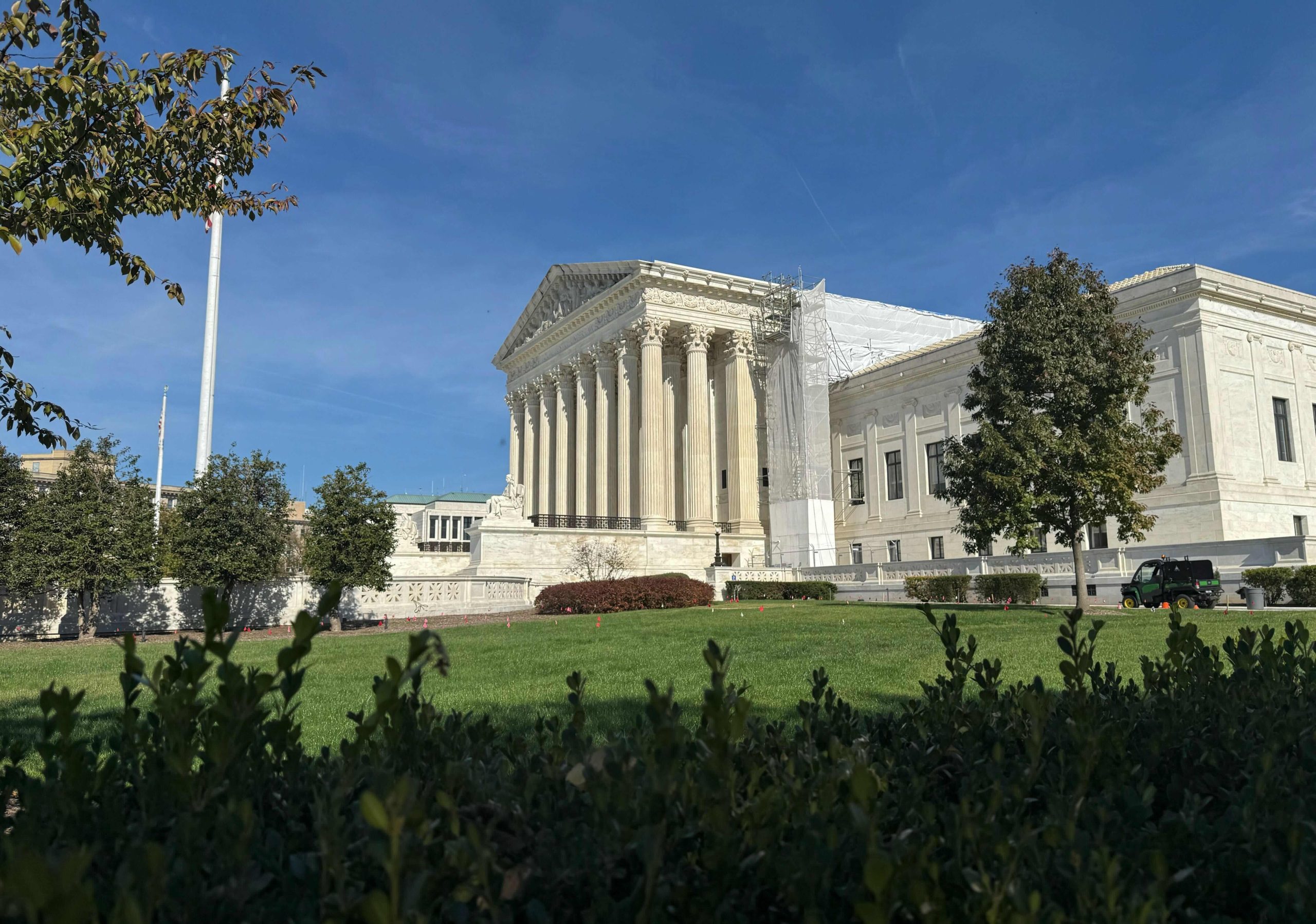Settlement Regulations in India: Trouble for Out of Court Settlements between Parties?
The Honourable High Court of Delhi (Delhi HC) through its recent judgment in the case of JCB v. CCI
JCB) had engaged in bad faith (sham) litigation over an intellectual property dispute before the Delhi HC, wherein an ex-parte ad interim injunction order was passed against Bull Machines based on misrepresentation of images and facts by JCB, which was later suspiciously withdrawn as well. The CCI passed an investigation order observing that predation through abuse of judicial process presents a threat to competition and that JCB had abused its dominant position in the relevant market, by denying market access and foreclosing entry of its rival’s competing products.On direction from Supreme Court of India (
SC), the parties resolved their disputes via mediation and arrived at a private settlement, which sought to dispose of all the pending litigation cases including the one before CCI initiated by Bull Machines. The Delhi HC concluded that since the dispute related to the violation of intellectual property rights which has been settled and the substratum of competition law proceedings no longer exists, the CCI’s investigation cannot continue and should be disposed of.
In-rem v. In-personam
The SC in its judgment in the case of Samir Agrawal v. CCI
has clearly stated that CCI is vested with powers enabling it to act in-rem, i.e., in public interest. While determining the locus of standi for the person who may initiate proceedings before CCI the SC held that the person does not need to be personally harmed to do so. The SC contrasted this with section 53N of the Competition Act which deals with ‘awarding compensation’ wherein an applicant before the Appellate Tribunal will have to show its loss or damage caused.
(
Settlement Regulations
). This possibility has now been formally introduced in section 48A of the Competition Act vide the Competition (Amendment) Act, 2023, and subsequently the Competition Commission of India (Settlement) Regulations, 2024
(
Settlement Regulations
).
The Settlement Regulations brought into force by the CCI in March 2024 provides for the enterprises against whom preliminary investigation has been initiated under Section 26(1) of the Competition Act for alleged contravention of non – cartel cases or abuse of dominance, to settle the aforesaid proceedings with the CCI in lieu of a discount of 15% on the penalty to be imposed upon the concerned enterprise/opposite party.The Delhi HC’s ruling on the finality of the mediation and the ensuing settlement reached between the parties themselves being sacrosanct, could potentially undermine the CCI’s endeavour to bring corrective action and eliminate anti-competitive practices in the relevant markets, through its settlement with the opposite party. The Madras HC ruled that the CCI would have to examine the settlement between the informant, and the other party to protect the public interest. However, the Delhi HC ruled that the CCI should wrap up its investigation once the informant, and the other party, reach a settlement. This is regardless of whether or not the CCI was given In this case, the opposite party will be let off the hook and be able continue its behaviour that was allegedly leading to anti-competitive behavior or abuse of dominant position, leaving no room to the CCI to take any corrective action on the market, as no settlement proposal would be filed by the other party. The Delhi HC, while stating that the CCI has the power to act on anti-competitive behavior through suo-moto investigation or information, has not clarified if settlement between the informant, and the opposite party, will only be applicable in cases of alleged bad-faith litigation related to IPR, as in the current case, or for This could set a worrying precedent whereby opposite parties would seek to settle with the informant based on the Director General’s report instead of filing a Settlement Application with the CCI in accordance with the Settlement Regulations. This precedent could also increase the likelihood that competitors will file information with the CCI to coerce the opposite party into settling other commercial disputes in exchange for an out-of court settlement of proceedings pending before CCI. In this scenario, the CCI may see an increase in unethical practices, such as forum-shopping, which could burden the CCI with time and resources. The authors also believe that, since the CCI has the duty to prevent anticompetitive behavior in the Indian market it is essential that the CCI be involved in all matters related to adjudication and investigation of anticompetitive conduct. The Delhi HC should reconsider the CCI’s mandate and the efficacy the Settlement Regulations, before removing the CCI’s authority in cases where parties settle their commercial disputes out of court. The CCI’s efforts to bring finality to the markets and to take timely corrective actions by settling with the other party in accordance with the Settlement Regulations will be compromised if the courts allow the opposite party the freedom to come up with creative ways to circumvent the Settlement Regulations.




